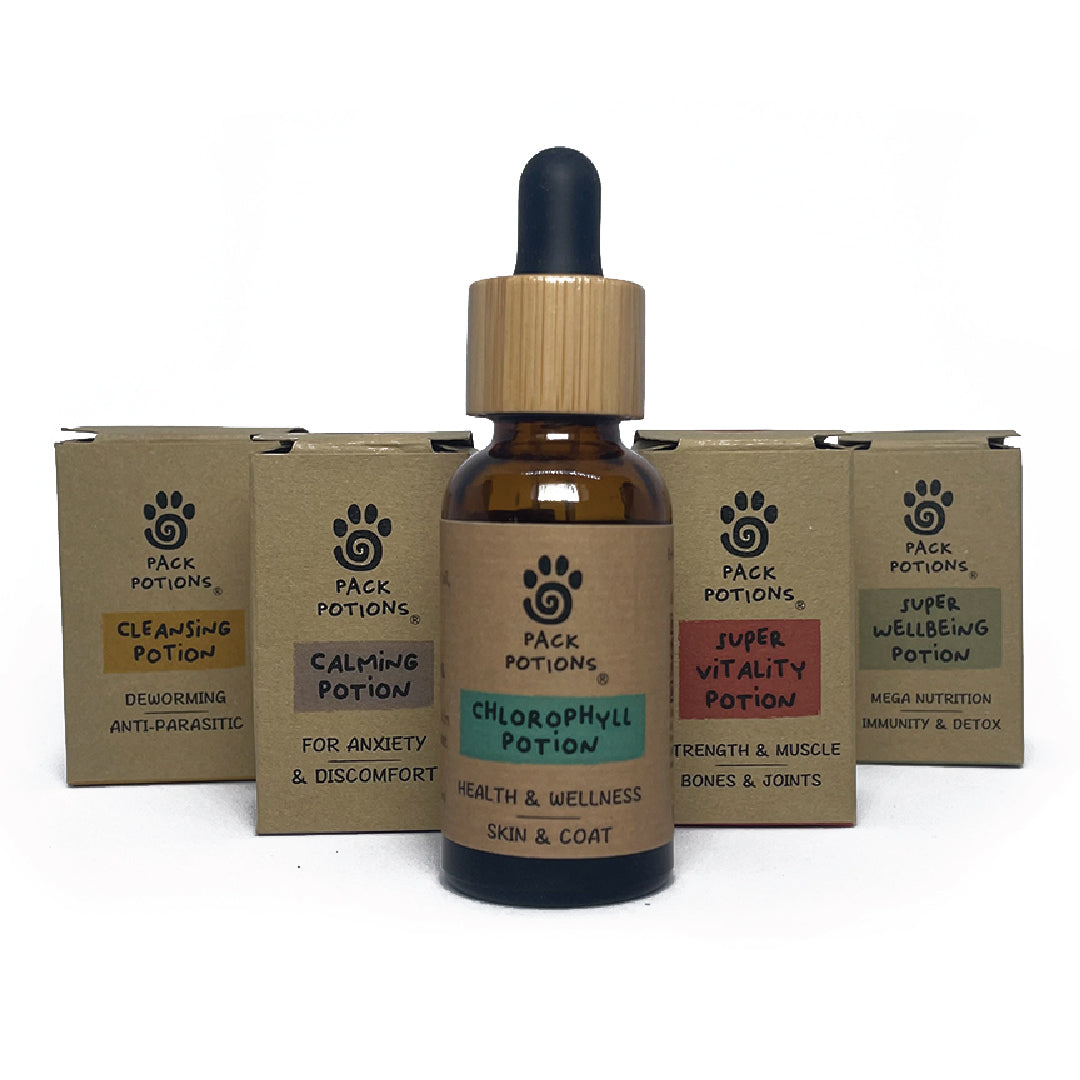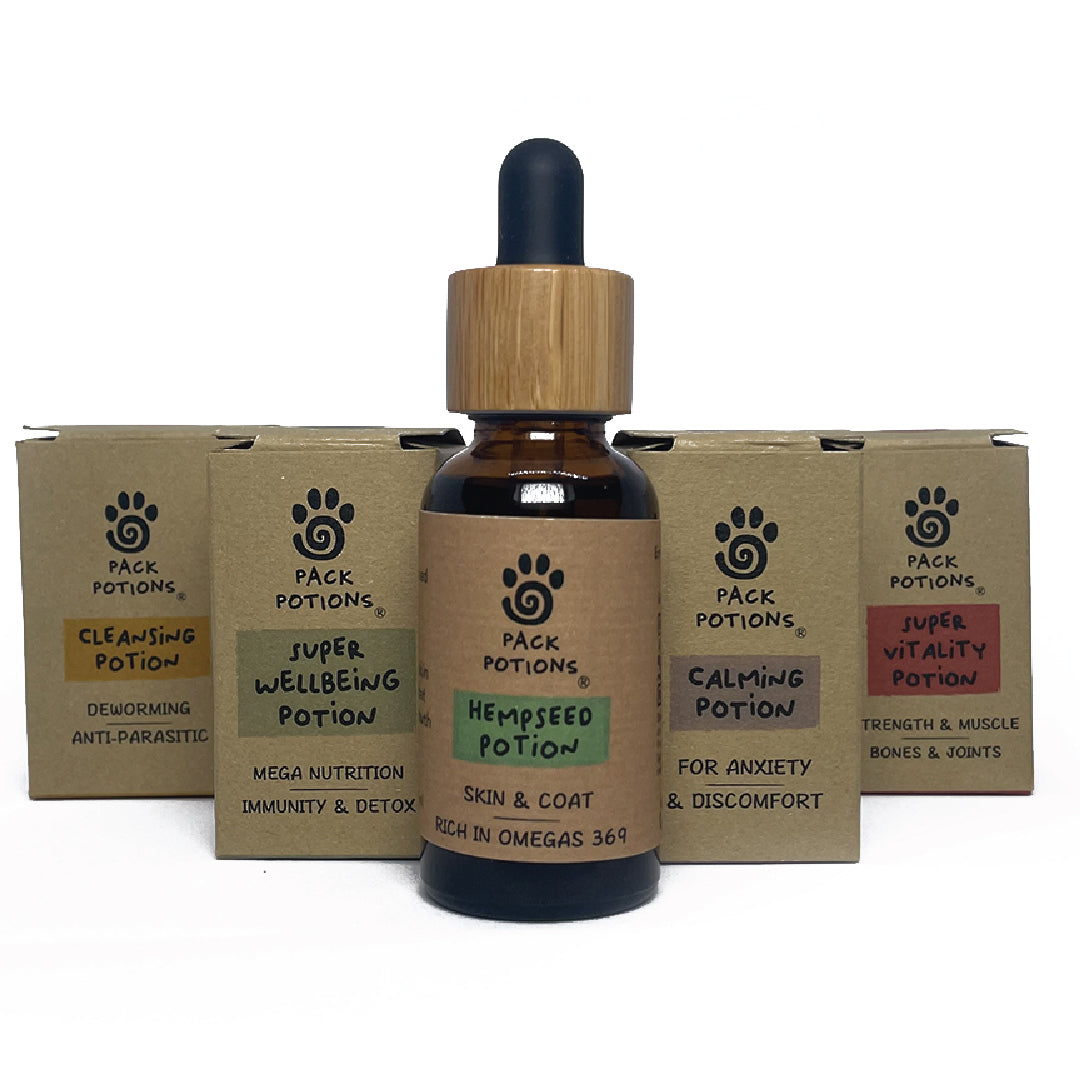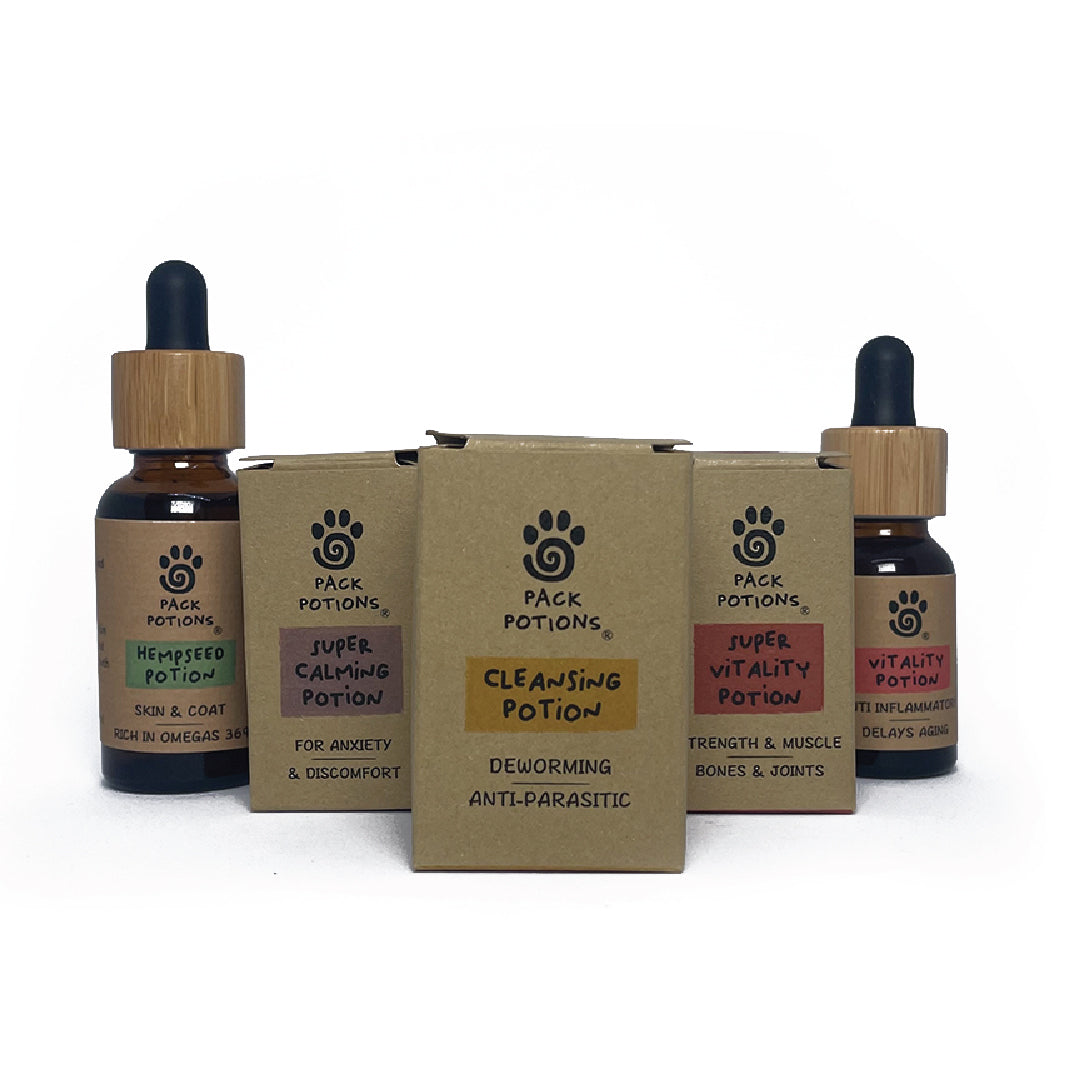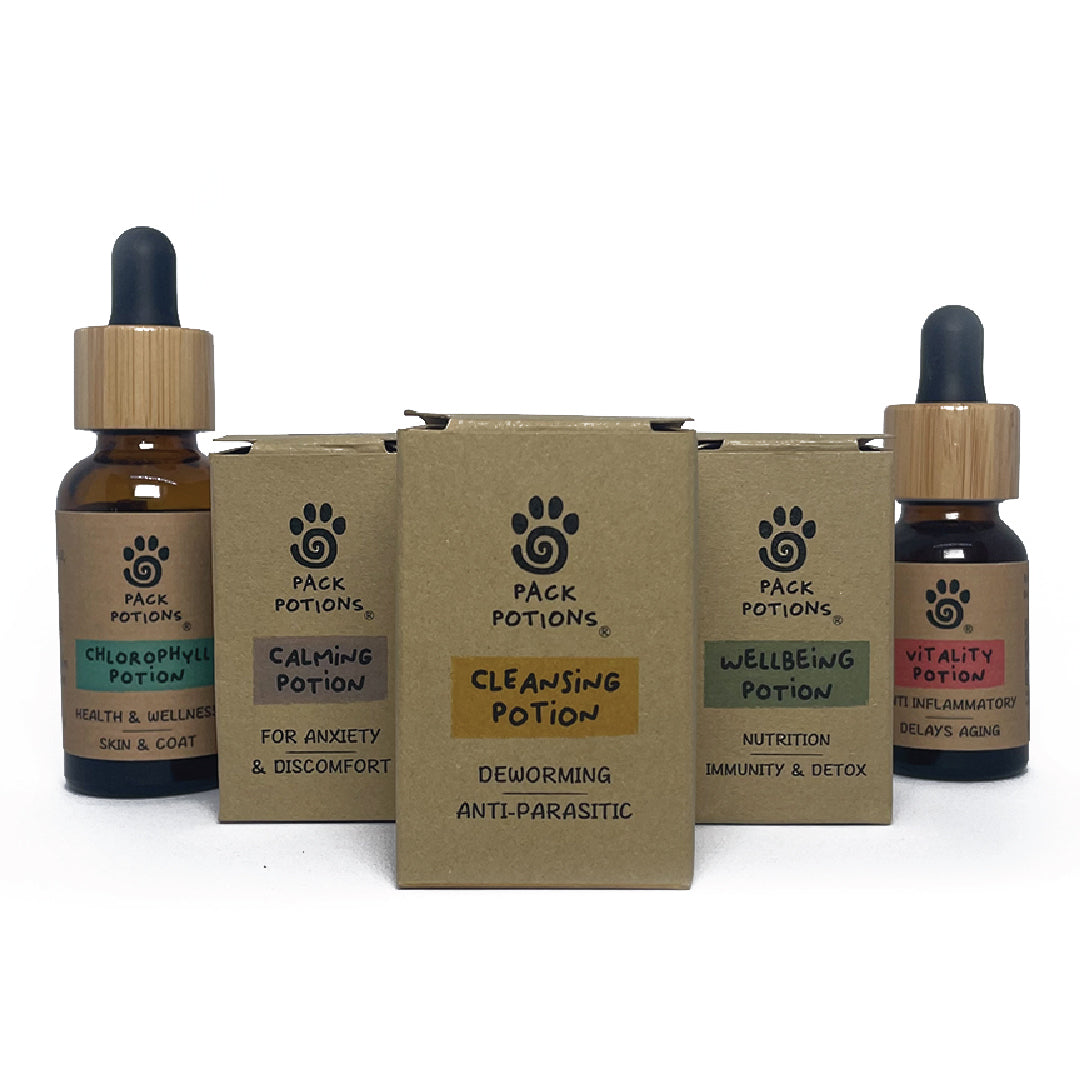Benefits of Coconut Oil for Dogs and Cats
There are many opinions and rumors surrounding the benefits of coconut oil for humans… but it is for certain that the exotic oil can do wonders for your furry companion!
Made up of 90% saturated fat, feeding your dog or cat coconut oil in small quantities on a daily basis is greatly useful and can cure many day-to-day health issues. Composed of medium chain triglycerides (MCTs) that dogs and cats can easily metabolize in their digestive system as an immediate source of energy and increased metabolism. The prevalent Lauric acid in coconut oil has antibacterial, antiviral, and antifungal properties that can fight off infections, diseases, and even cancers. Not to mention, 1.8% of fat in coconut oil is Omega 6.
Here are the major nutritious benefits of coconut oil
- Helps in aiding performance and weight loss
- Balances and controls insulin, and prevents diabetes which is great in case your companion is overweight or suffering from thyroid
- Expels or kills parasites in the digestive system and heals digestive problems such as inflammation in the bowels
- Reduces bad breath and can even eliminate it completely
- Helps eliminate hairballs and coughing, in the case of cats
- Boosts bone and ligament health, and contributes to relief from arthritis
- Promotes healthy nerve and brain function, and reduces the risk of dementia and brain lesions in the case of old age
- Improves health and appearance of skin and coat
Topical Use
Other than digesting coconut oil to reap its benefits, it can also be used topically. The external use of coconut oil can:
- Restore and shield skin and coat from germs that cause bad odors
- Help clear up most skin and fur conditions such as Eczema, flea allergies, dermatitis, itching, ringworms and fungal infections
- Support the healing of dry skin/fur, cuts, hot spots, insect bites, insect stings, bite wounds, or dry/cracked pads or elbow calluses
- Prevent and treat topical yeast
- Disinfect oral cuts and wounds, and treat gingivitis or inflammation of the gums which is common among both cats and dogs
- Help clear up eye and ear infections
When to Use Coconut Oil Topically
- Coconut oil is a natural deodorant which can be rubbed on your dog's coat to remove bad odors. Rub a thin layer on your dogs coat.
- For wounds and infections, just apply a small amount to the infected area. In the case of eye infections, first make sure the eye is completely dry, and then apply a drop or very thin layer on the lower part of the eye.
- In the case of dog breeds with skin folds such as Bulldogs, Pugs, or Shar-Peis, coconut oil can be used to clean the folds from bacteria and prevent skin disease or infection.
- For frequent hikers, you can rub a thin layer of coconut oil on your dog’s coat before going for a hike in nature, which will provide a barrier against environmental allergies. Adding a drop of lavender oil, peppermint, or lemon oil will enhance the effect and repel insects and ticks!
- And when you come back from the walk? Coconut oil can also be used to clean your dog’s paws! Rub a few drops of coconut oil on your palms and then on your dog’s paws. It soothes them and there is no harm if your pet licks them off!
Feeding Instructions
To benefit from all the goodness coconut oil has to offer, add a quarter of a teaspoon to your companion’s meal for every 5kg of the total body weight. It is important to start off with very small quantities when you first introduce coconut oil, and gradually increase towards the suggested intake.
Feeding your companion too much coconut oil will only lead to diarrhea and greasy stools. If that occurs, cut down on coconut oil for a day or two, and gradually reintroduce it in small quantities. You can always add a bit of turmeric to balance it out, since it is a binding agent, in addition to benefitting from all the great benefits of turmeric. (See “Turmeric: A Golden Addition to Your Pet's Meal” to read about the great benefits of turmeric).
Make sure to buy organic cold pressed virgin coconut oil and not anything refined, processed, or scented. Extra virgin and virgin coconut oil are the same; it’s more of a marketing mechanism!





